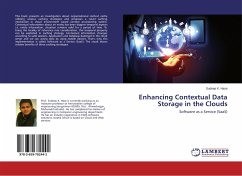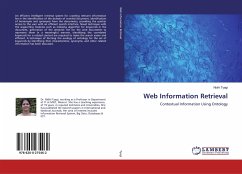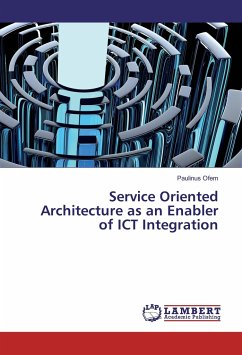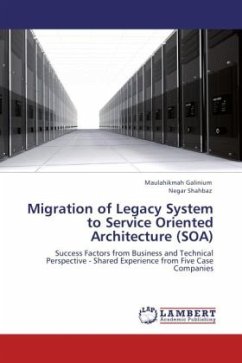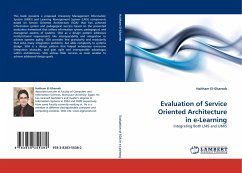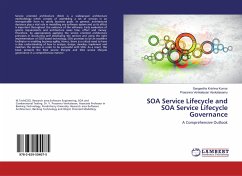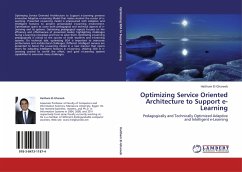Currently, business requirements for rapid operational efficiency, customer responsiveness as well as rapid adaptability are driving the need for ever increasing communication and integration capabilities of the software assets. Functional decomposition into re-usable software entities, loose coupling, and distribution of resources are all perceived benefits of the investment on Service Oriented Architecture (SOA). This malleability can also bring about the risk of a more difficult oversight. The same service is ideally used in different applications and contexts. This situation forces a supporting infrastructure to allow and manage the adaptability to these different contexts of use. In this book, the author proposes to govern such variations in a cost efficient way by composing the core business function offered by a service with other services implementing infrastructure capabilities that fulfill varying non-functional requirements. However, as the number of services increasesand their use in different contexts proliferates, it becomes necessary to automate key management processes.
Bitte wählen Sie Ihr Anliegen aus.
Rechnungen
Retourenschein anfordern
Bestellstatus
Storno


